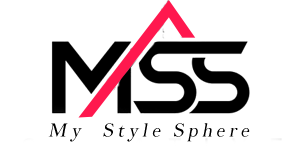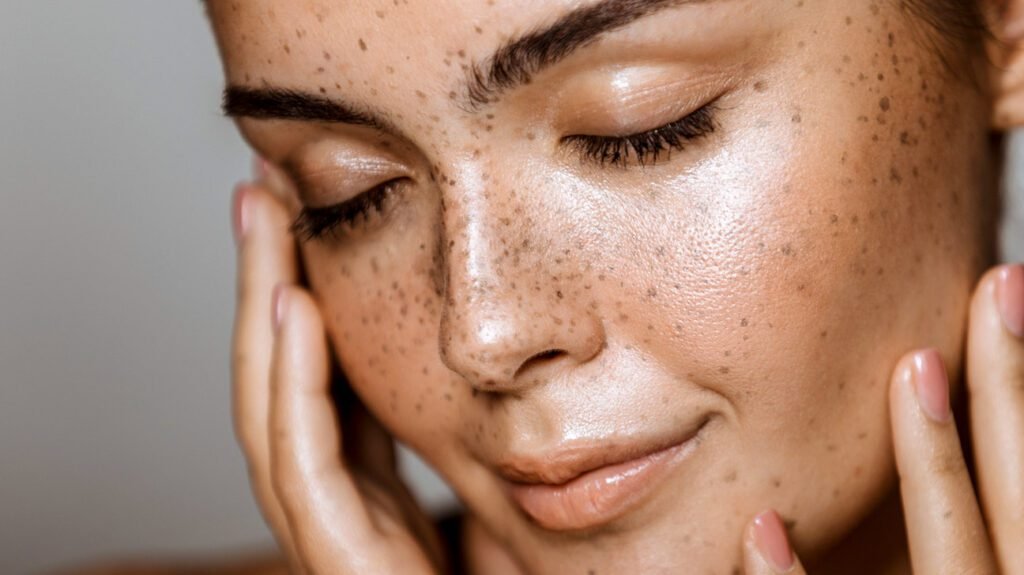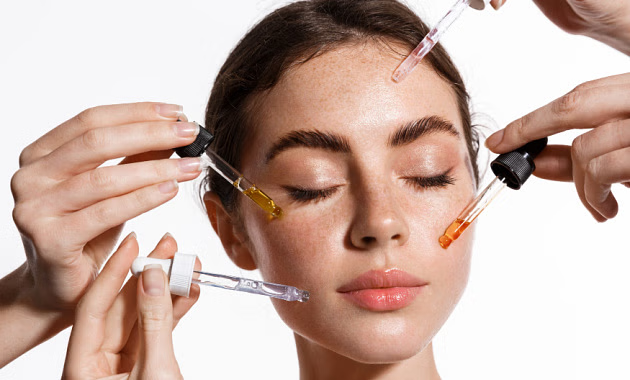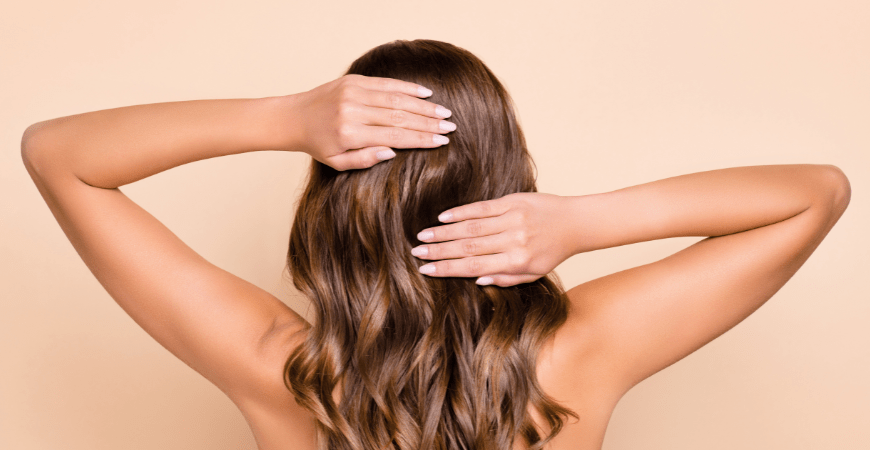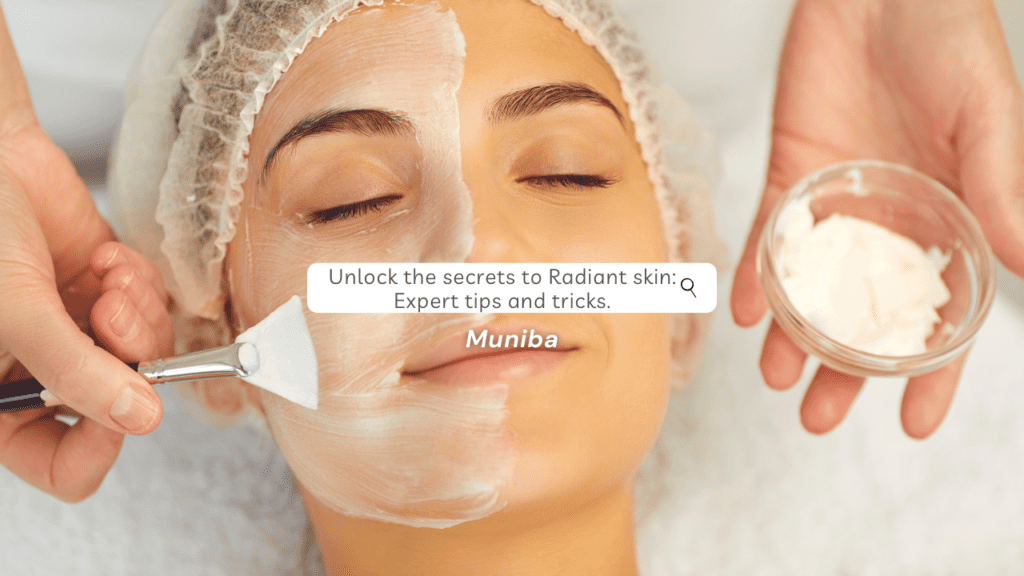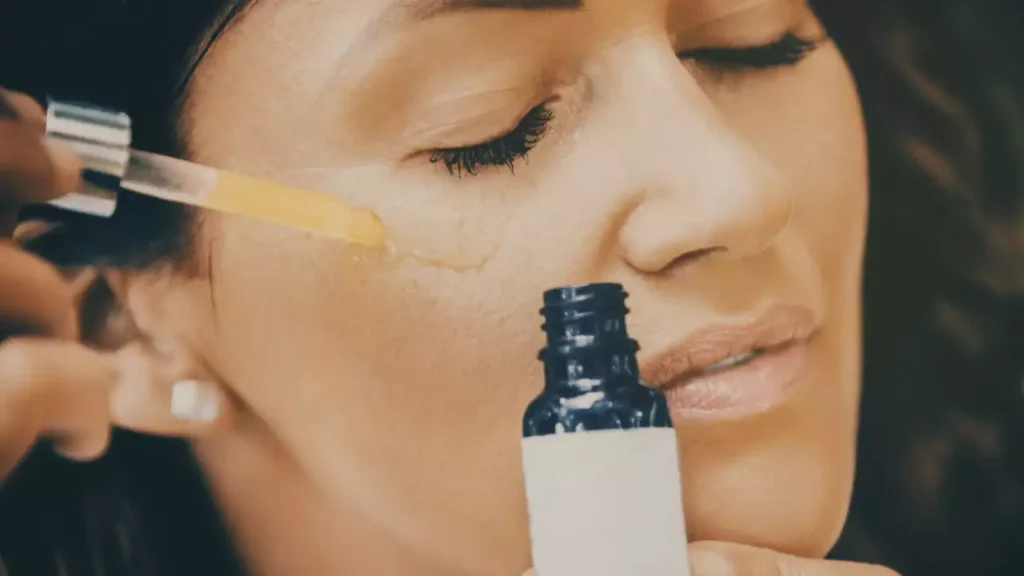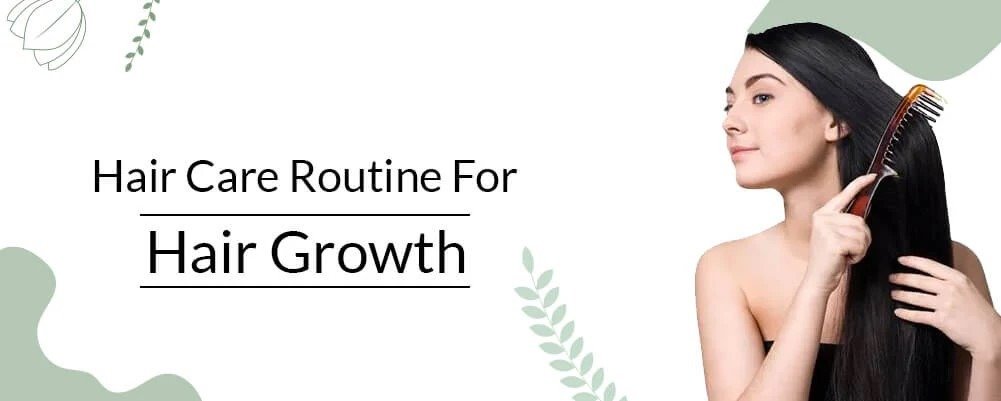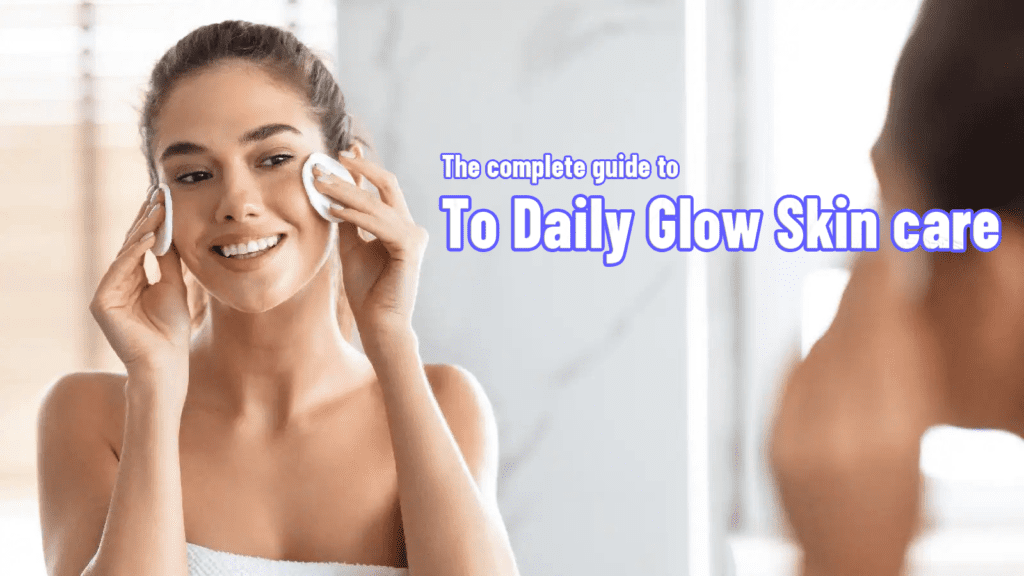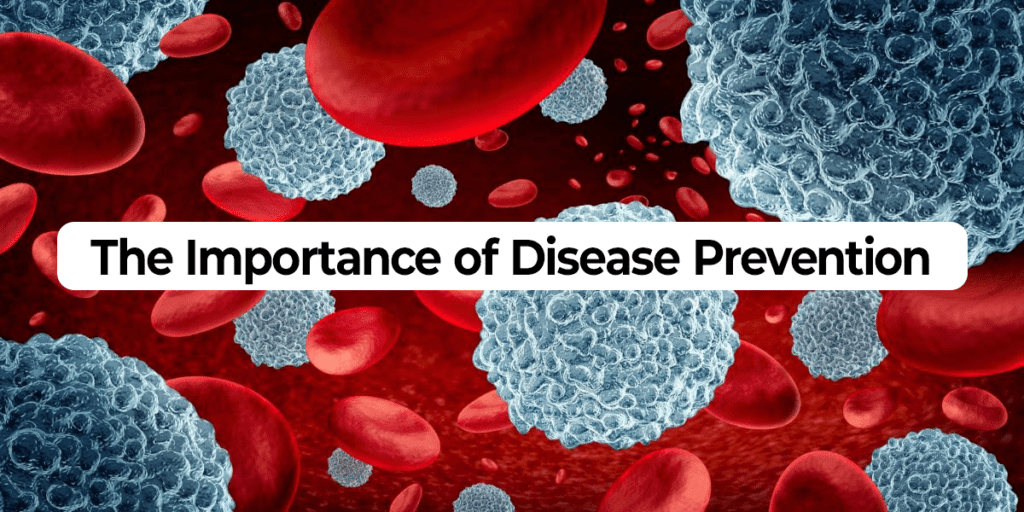Unveiling the Marvels of Retinol in Skincare | A Comprehensive Guide
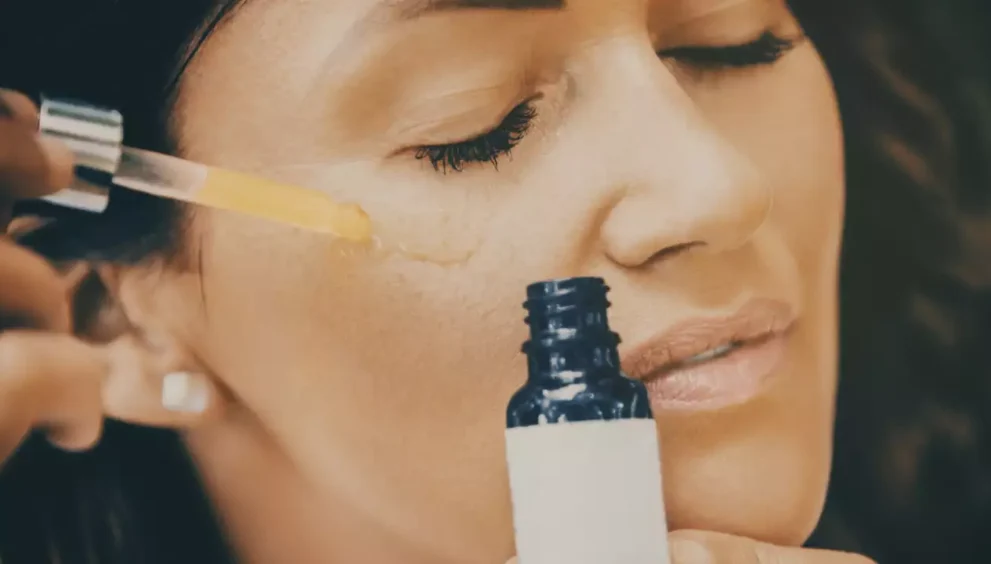
Introduction
Retinol, a powerful substance known for its skin-transforming properties, is an example of vitamin A. It works by faster the division of cells, increasing the creation of collagen, which is and controlling the production of oil, which makes it useful for treating a variety of skincare issues like pimples and aging signs.
Retinol was once mainly used to treat acne in the 1970s; however, after its anti-aging qualities were found, it became frequently used in skincare products. Gradually, changes in structure have decreased side effects while increasing its efficacy, making retinol a vital component in modern beauty regimens all around the world. Retinol-based treatments are available in a range of strengths and formulations to address different skin types and issues.
The Retinol Problem Found
After entering the skin, retin transforms into active retinoic acid, which binds to sensors to promote the growth of collagen and cell turnover. This procedure clears pores, speeds up renewal of the skin, and enhances tone and texture.
While Retin-A (tretinoin) is a prescription-only retinoid, retinoid Retinol is a milder over-the-counter version. For different skin care needs, different retinoids such as tazarotene and the drug have different forms and strengths.
Advantages for Your Skin:
1. Wrinkle reduction Properties:
Retinol significantly decreases fine lines and wrinkles, making it an effective tool in the fight against aging signs. Over time, it gives the appearance of more young skin by improving the softness and firmness of the skin through an increase of collagen formation.
2. Increasing Collagen Production:
One of retinol’s primary advantages is its capacity to contribute to the formation of collagen, which results in skin that is tighter and more elastic. Raising collagen levels helps to lessen aging symptoms that are apparent on the skin, like lowered and crepiness.
3. Evening Out Skin Tone and Whitening Face:
Retinol’s exfoliating capabilities help in removing dead skin cells to reveal a complexion that is younger-looking and more vibrant. It also helps to fade sun damage, pigmentation, and dark spots, giving the skin a more even tone and a young glow.
4. Tackling Acne and reducing Breakouts:
Retinol is useful in treating acne and reducing breakouts in addition to its anti-aging properties. It helps to keep brighter, healthier-looking skin and lessen the likelihood of blemishes by controlling oil production and reducing pore blockages.
Selecting the Proper Retinol Supplement:
- Comprehending Concentrations and Formulations:
The formulation and concentration of various retinol products range from mild to strong. Regular users may prefer stronger dosages for optimal success, while beginners may choose lower concentrations to minimize irritation.
- Advice for Choosing the Best Product:
When selecting a retinol product, take your skin type and sensitivity level into account. For those who have sensitive skin, softened formulations or a progressive increase in strength from lesser doses may be beneficial. To ensure the best choice and application, consult a dermatologist as well.
Including Retinol in Your Daily Skincare Treatment:
A progressive approach is necessary when incorporating retinol into your skincare routine. Apply the size of a pea to dry, washed skin every other night at first, then increase the frequency as sensitivity grows. Make sure you apply a moisturizer after to help reduce discomfort and dryness. Keep an eye out for any possible negative effects, like redness and peeling, and modify the dosage or seek advice from a medical professional if needed.
Improving Results:
Achieving optimal results from retinol requires careful selection of ingredients for skincare regimens. It can be used together with other enhancing compounds such as antioxidants, hyaluronic acid, and niacinamide to maximize its benefits and treat a variety of skin conditions. In addition, regular usage of sunscreen is essential for regular sun protection against UV-induced damage, which can reduce the efficacy of retinol. Retinol’s benefits can be further maximized by living a healthy, antioxidant-rich lifestyle that includes limiting stress, drinking plenty of water, and eating a balanced diet.
Speaking with a Dermatologist:
Given the strength and potential negative impacts of retinol, it is essential that you seek professional help before adding it into your beauty routine. In order for secure and effective use, dermatologists can offer tailored advice depending on your skin type, worries, and medical history.
If you start taking retinol and experience severe or ongoing irritation, redness, or peeling off, you should consult a doctor. In addition, seek the advice of a dermatologist if you experience unanticipated reactions or a worsening of already present skin disorders. They can provide customized remedies and changes to your skincare routine.
Conclusion:
To sum up, retinol is a skincare powerhouse that provides numerous advantages for attaining young, glowing skin. With its ability to reduce lines and wrinkles, brighten complexion, and fight breakouts it is an essential addition to any skincare routine.
For the greatest benefits of retinol, think about introducing it into your beauty routine as you get started. Take the chance to regenerate and refresh your skin, and don’t be afraid to consult an expert for the best outcomes. Retin can help you get the glowing complexion you deserve if you use it regularly with resolve.
